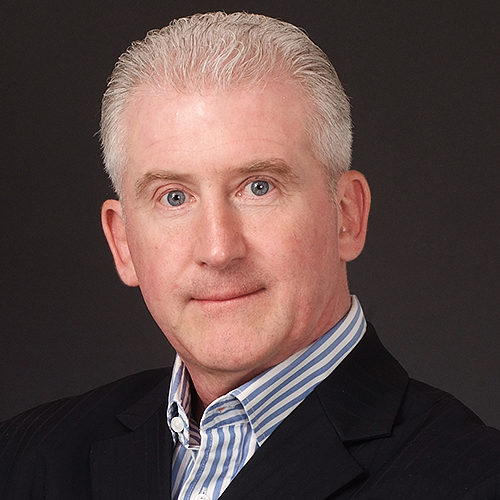Joining the growing effort to address climate change, Switzerland’s second-largest banking group Credit Suisse is walking away from lending to coal-fired power stations.
At its annual investor event, the Zurich-based bank said it would be working to expand its own role in supporting the transition to a low-carbon and climate-resilient economy.
As part of this commitment, Credit Suisse announced a significant policy change. The bank has decided to no longer provide any form of financing specifically related to the development of new coal-fired power plants.
This is in addition to the bank’s existing policy of not providing any form of financing that is specifically related to the development of new greenfield thermal coal mines.
Credit Suisse said this vow also applies to cases where the majority of the use of proceeds is intended for the development of a new coal-fired power plant or a new greenfield thermal coal mine, respectively.
Banks globally are increasing support for clean energy and lower carbon technologies while pulling project financing or general-purpose lending for new coal-fired power plant projects and thermal coal mines, especially in developed markets.
And across Asia, major banking groups have also pledged to gradually withdraw from financing new coal-fired power plants as they too address climate concerns.
According to its ESG report published in April this year, HSBC said it will phase out lending for the development of new coal fired power plant projects in high-income countries by December 31 2019 to support the development of clean energy.
Standard Chartered and Singapore lenders DBS and OCBC are now likewise obligated to phase out lending on coal connected projects.
Singapore bank DBS will cease financing coal-fired power plants once its existing commitments are concluded, which will be in 2021.
The city-state’s second-largest lender OCBC said it will loan to already-planned projects, a pair of coal-fired power plants in Vietnam, but will not provide any more funding to the sector.
Japanese and European insurers Dai-ichi Life, Nippon Life, AXA and Allianz have similarly made commitments to restrict financing or completely divest from the coal sector completely.
In some parts of Asia however there will need to be a transition period as coal power is still required to meet the region's voracious energy needs.
Not everyone is so convinced that divesting in fossil fuels will make a significant difference.
In an interview earlier this year, philanthropist and Microsoft co-founder Bill Gates told the Financial Times, “Divestment, to date, probably has reduced about zero tonnes of emissions. It’s not like you’ve capital-starved [the] people making steel and gasoline.”
And while the big four Australian banks, NAB, Westpac, ANZ and Commonwealth Bank, have all talked the talk on coal divestment, they have not necessarily walked the walk.
Market Forces, an Australian non-governmental organization, claims Australia’s major banks have been getting back into fossil fuels over the last year, casting doubt on their seriousness to tackle climate change through their investments.









